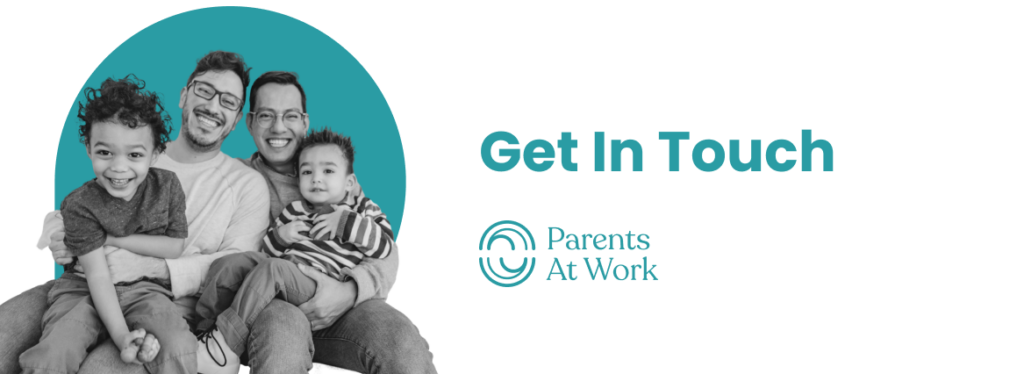
Embedding a family-inclusive workplace culture: A review of best-practice carer frameworks
At a recent knowledge-sharing roundtable event hosted by Care & Living with Mercer, we discussed how organisations can build and embed a best-practice carer support framework, and heard best practice examples of workplace support in action.
We are pleased to share the key takeouts from the discussion to help inform the creation and integration of best-practice carer frameworks.
Building and embedding a best-practice carer support framework
2. Policy Development
3. Flexible Working Arrangements
4. Leave Provisions
5. Support and Resources
6. Workplace Culture
7. Employee Resource Groups (ERGs)
Carer Support Frameworks in Action
TCorp’s integration of carer support into their employee wellbeing offering
NSW Treasury Corporation (TCorp) has taken proactive steps to integrate carer support into their employee wellbeing offering. With a workforce consisting mostly of individuals aged over 40 and over 50% female representation, TCorp has made it a priority to address the impact of family caring responsibilities on their employees. As part of their response, TCorp was an early adopter of the Care & Living with Mercer eldercare support service. This service has received strong support from senior leadership and has been integrated into TCorp’s Thrive employee program. By partnering with Mercer, TCorp has been able to provide their employees with valuable resources and information on aged care, ensuring that they have access to the necessary support and guidance when it comes to caring for their ageing family members.
Internally, TCorp has actively promoted the Care & Living with Mercer service, resulting in over 10% of their workforce accessing the available resources and information and several employees benefiting from professional support to identify and secure appropriate formal care for their ageing family members.
KPMG’s peer-to-peer support model
In response to concerns about employee mental health, KPMG partnered with Heart On My Sleeve to create the Real Conversations in Mental Health program. The initiative equips leaders and staff with practical tools to engage in authentic and inclusive mental health discussions. Starting with training People Leaders, the program expanded to establish a network of over 1,300 Real Peers accredited in mental health first aid. By fostering an environment where staff feel safe discussing their wellbeing across a variety of areas. KPMG extends these wellbeing circles to remote offices through online sessions.
More information can be found here: Encouraging Real Conversations in Mental Health: KPMG | Mentally Healthy Workplaces
Session Resources
Learn more about Care & Living with Mercer
Care & Living with Mercer is a unique service that supports families to make better, faster decisions about aged care. It is made available through leading employers as a benefit. Find out more or request a demo.
Get Benchmarked
Understand your areas of strength and improvement by benchmarking organisation’s caring practices. Benchmarking is free, online and takes 10 – 15 minutes with a good understanding of your policies and practices. Complete the assessment and receive your report here.
Read about best practice
Parents At Work’s whitepaper, Advancing Parental Leave Equality and Introducing Shared Care in Australia, provides an in-depth look at these issues, the solutions, and the cultural and economic benefits that arise from advancing shared care participation and improving employer-supported parental leave policies in Australia. Access the whitepaper here.
Hear about the challenges faced by working parents and carers
Read the findings and recommendations of the 2024 National Working Families Survey, measuring the impact of changing workplace trends on more than 6,200 of Australia’s working parents and carers. Read the report here.
Care & Living with Mercer is a proud Supporting Partner of the Family Friendly Workplaces program, which provides a framework for organisations to assess their family-friendly policies and practices against the National Work & Family Standards.


